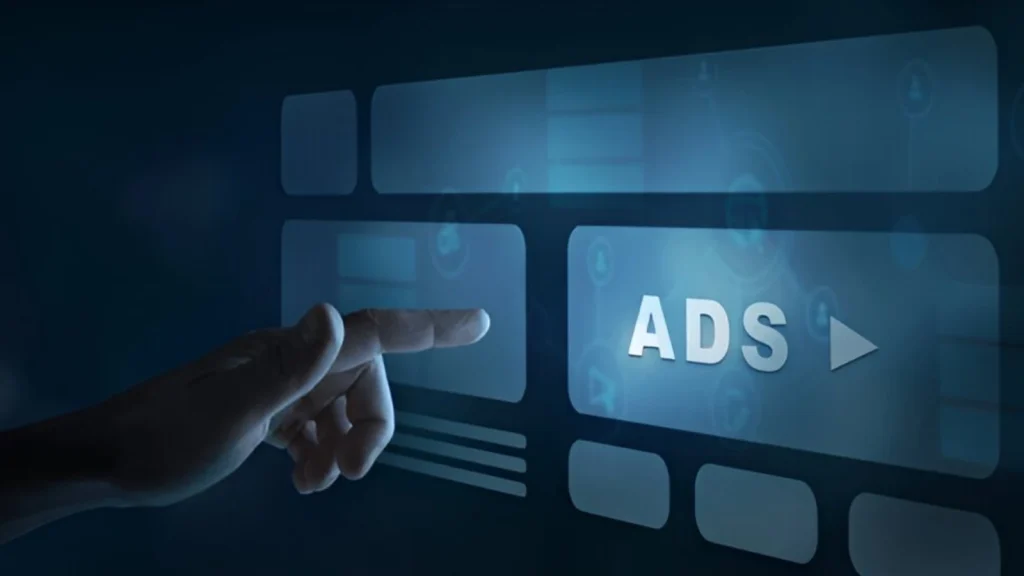Programmatic Ads are being adopted widely by brands across industries. Particularly, the travel and hospitality sector has seen significant transformations, thanks to the automation and precision these ads provide. With travelers becoming more tech-savvy and expecting personalized experiences, marketing strategies have been required to evolve rapidly.
What Are Programmatic Ads?
Programmatic Ads refer to the automated buying and selling of digital ad space using AI and real-time bidding. Unlike traditional advertising methods, this system uses data-driven algorithms to deliver highly targeted ads to the right audience at the right time.
Impact on the Travel and Hospitality Industry
Travel companies have always relied heavily on digital platforms to reach potential customers. However, with increasing competition and consumer demands, traditional ads were no longer effective. This is where Programmatic Ads have stepped in.
Through automation, ads can now be placed across a wide range of channels such as search engines, social media, and travel booking websites in milliseconds. Additionally, ads can be tailored based on user behavior, demographics, and travel history. This has allowed travel brands to engage customers more meaningfully while also optimizing their marketing budgets.
Benefits of Programmatic Ads in Travel Marketing
Several key advantages have been observed across the industry:
Hyper-Personalized Targeting
Programmatic ads help travel brands show the right message to the right person. They can target people based on where they’ve traveled before, what kind of trips they like, the time of year they usually travel, or even what device they use. This means someone looking for beach vacations will see beach-related offers, while business travelers might see hotel upgrades—making the ads feel more personal and useful.
Real-Time Optimization
With programmatic ads, travel brands don’t have to wait to fix what’s not working. If an ad for a certain destination isn’t getting bookings, it can be changed right away. This real-time flexibility helps improve performance and saves money by focusing only on what works best.
Learn More: Programmatic Ads in the Metaverse: Are Virtual Billboards the Future?
Improved ROI
Because the ads are shown only to people who are more likely to book, money isn’t wasted on people who aren’t interested. This targeted approach makes the ad budget work harder and leads to better results, like more bookings and a higher return on what’s spent.
Cross-Device Reach
People use different devices when planning trips—phones, tablets, or computers. Programmatic ads make sure that no matter what device someone is using, they’ll see consistent and helpful ads. This creates a smooth experience for travelers, from the moment they start looking until they finally book.
Challenges and Considerations
Even though programmatic advertising has many benefits, there are also some challenges that marketers need to be aware of. Here are a few common issues and how they can be managed:
Privacy Compliance:
Laws like GDPR in Europe and CCPA in California require businesses to be very careful with how they collect and use people’s data. Marketers must get clear permission from users before tracking their behavior online. They also need to make sure this data is stored safely and used responsibly. If they don’t follow these rules, they could face big fines and damage their brand’s reputation. Working with platforms that take privacy seriously can help reduce this risk.
Ad Fraud Risks:
Not all the clicks or views on your ads are real. Sometimes bots or fake websites pretend to be real people, which can waste your advertising budget and make it hard to know how well your campaign is actually doing. To avoid this, advertisers should use tools that can spot and block fake traffic. It’s also a good idea to work with trusted ad networks that check where your ads are showing.
Complex Ecosystem:
Programmatic advertising involves many different tools and platforms like DSPs, SSPs, and DMPs. Each one does something different, and it can be confusing for beginners to understand how they all work together. Managing these tools can take time and skill. That’s why many businesses choose to work with experts or agencies who know how to run programmatic campaigns smoothly.
Even though these challenges exist, they can be handled well with the right tools, partners, and planning. This way, marketers can enjoy the full benefits of programmatic advertising without too many problems.
Future of Programmatic Ads in Travel
The future of Programmatic Ads in the travel and hospitality industry appears bright. With AI and machine learning continuously evolving, ad targeting will become even more precise. Voice search, wearable tech, and augmented reality may soon be integrated into programmatic strategies, offering richer user experiences.
In addition, as travelers become more digitally savvy, personalized marketing will no longer be a luxury but a necessity. Travel brands that adopt programmatic now will stay ahead in the competitive landscape.
It is clear that Programmatic Ads are reshaping the travel and hospitality industry in many ways. By offering smarter targeting, better personalization, and higher ROI, they allow brands to connect with modern travelers more effectively. While challenges exist, the long-term benefits far outweigh them. As the industry evolves, embracing programmatic advertising will be essential for growth and success.
FAQs
Q1: What are Programmatic Ads in simple terms?
Programmatic Ads are digital ads bought automatically using data and technology, instead of manual placements.
Q2: Why are Programmatic Ads important in the travel industry?
They help travel companies reach the right audience, reduce costs, and improve booking rates through smart targeting.
Q3: Are Programmatic Ads suitable for small travel businesses?
Yes, with scalable platforms and managed services, even small businesses can benefit from programmatic advertising.
Q4: Can Programmatic Ads personalize offers for travelers?
Absolutely. They use user data to display relevant deals and recommendations based on past behavior and interests.
Q5: What tools are commonly used for Programmatic Ads?
Popular tools include Google DV360, The Trade Desk, and Adobe Advertising Cloud.
Ready to transform your travel marketing strategy? Visit eRGADX.com and explore how Programmatic Ads can elevate your brand!

